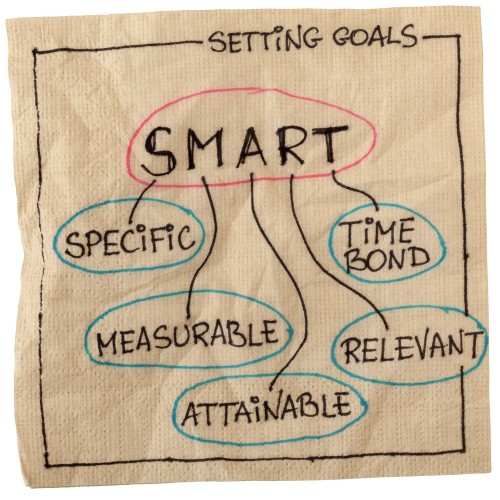How to predict your success and happiness.
Facts:
The little voice inside your head can often tell you to stay on the couch
We are hard-wired to be lazy.
When food was at a premium, your goal for the day was to find enough food to last until tomorrow. For the fortunate majority of us, this is no longer the case.
We are programmed to seek pleasure, move away from pain, and do it all with the greatest economy of energy. In regards to our internal GPS (Genetic Positioning System), the suggestion of running a marathon is preposterous. Unless there is food under that dumbbell, you are not programmed to pick it up. If there was a crocodile in the pool with you, it would make sense to swim as fast as you can. Otherwise, expending all of that energy voluntarily is purely ridiculous.
Unless you think about it.
The human mind thrives on challenges.
We are comparative animals. We love to compare ourselves to others. In fact, we know ourselves through others. We form our identities, self-image and self-worth by watching and comparing ourselves to others. And we want to be good. In fact, we want to be better.
Psychologists report that our identities are a reflection of how we perceive ourselves relative to others. We have models that set standards for us in every aspect of our lives. Since childhood, we’ve watched our mothers, fathers, siblings and friends, and studied their behavior. We have been shaped by the standards created by our environment. And we continue to be shaped.
Choose your environment wisely, as it will powerfully influence your experience.
Our environment is made up of people, places and things. We should be careful to choose environments that create the type of influence that we wish to experience. It is important to seek out those people and places that inspire you to move towards becoming the person that you want to be.
We have always watched the herd. We take social cues from those around us and we wish to be like them – and be liked by them.
“We want to be connected, accepted and respected,” says author Tom Decotiis (Make it Glow).
In fact, influence masters insist that it is easier and more effective to change the environment than change people. Change the environment and you change standards – and, ultimately, performance.
To create the life that you want, create the environment that sets the standards that lead to that outcome.
Who do you spend time with? Where do you spend your time? What do you spend your time doing? Are these all in alignment with what you are trying to create?
Does your environment set the right standards for trying to become the healthiest, fittest person that you can be?
Do you have a support system that makes it easier for you to be successful? Are you following a proven system of training that sets clear performance standards for you? Do you know what you’re doing today or where you are going with your fitness tomorrow? Are you measuring your progress?
You don’t get what you want, you get what you measure. You don’t get what you expect, you get what you inspect.
Research has revealed strategies that create greater chances of success in every endeavor – especially fitness. Measuring and recording your performance is a critical step in establishing tangible progress. Comparing your outcomes against a clear standard is vital behavior in progressive training. A Bonfire best practice is to clearly define your goals and objectives, set written goal dates, and use a compelling reward and penalty system. Publicly profess your intentions. Our personal identity is closely tied to our want to behave consistently in the public eye. Identify a person of influence in your life and tell them about your goals and standards. If you truly value their opinion of you, this can be a powerful contributor to your success. Put these clear standards in place and stack the deck in your favor.
In order to stifle that inner couch potato and achieve your ideal fitness and health goals, you must recruit the robust sources of influence that goal setting and clear standards provide. As they say, if you don’t know where you’re going, how are you going to get there?





